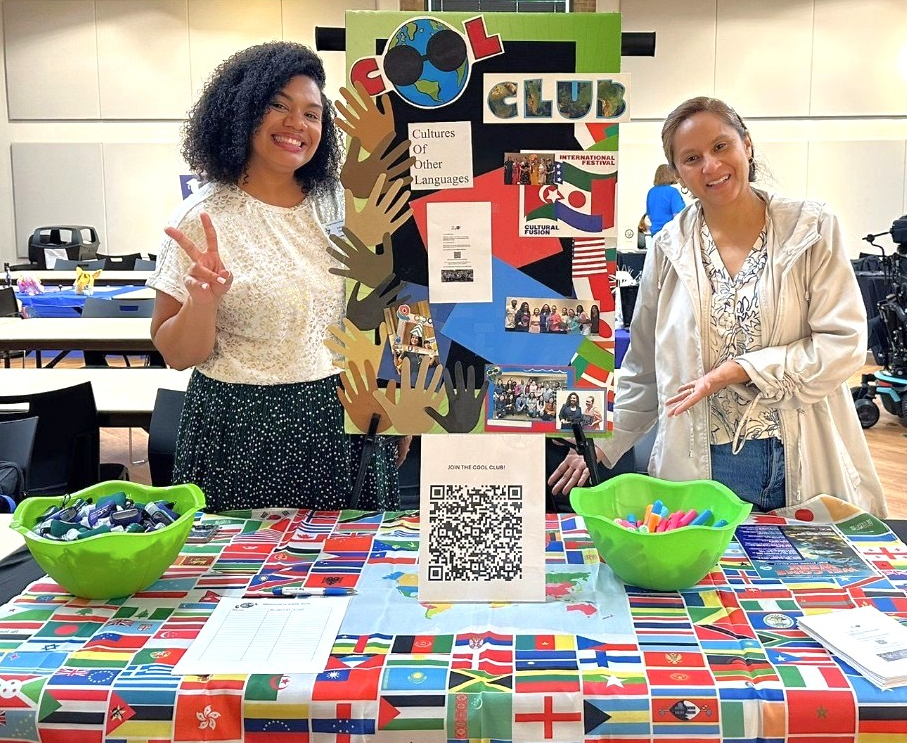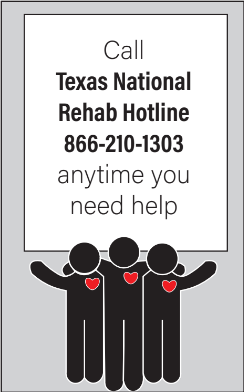By Alisha Thompson/reporter
When learning something new, the challenge may seem overwhelming, so students need to have GRIT skills and create SMART goals to start on track, speakers told NE students Oct. 26.
“The best predictor of success in college is having GRIT — growth, resilience, integrity, tenacity,” NE academic advisor Brittany Turner said. “We see more students who can overcome challenges and persevere through failures as the most successful students.”
Just like learning to ride a bike for the first time, success comes from struggle, she said. As time passes, one grows and learns from mistakes while never giving up and having the resilience to get through, the integrity to assess and initiate things independently and the tenacity to stay determined.
Turner listed two different mindsets. A fixed mindset is someone who gives up easily and avoids challenge while someone with a growth mindset embraces challenges and learns from criticism.
“Evidence shows that mindset is more associated with school performance and test scores,” Turner said.
Students participated in an activity called “How gritty are you?” The worksheet assessed and gave pointers on how to apply GRIT to improve their success in college, their careers and life.
NE advisor Carey Miller and student accessibility resources coordinator Kim Eason told students part of being successful while studying comes from knowing how to study based on psychologist Howard Gardner’s multiple intelligences test. Upon completing the assessment, students could pinpoint their own study style.
For verbal learners, saying, hearing and seeing words work best. Logical people need to make notes into numeric charts or graphs. Kinesthetic learners need to touch, move or interact with space. Musical learners should create a song or rhyme to remember a concept. Visual learners learn best with maps or diagrams. Interpersonal learners learn by having someone quiz them while intrapersonal learners like working alone. Naturalistic learners are better suited for studying outside.
Students also learned some facts about famous people, like Dr. Seuss whose book was rejected by 27 book publishers and Albert Einstein who didn’t speak until age 4. Even with the odds stacked against them, Isaacs said they persevered.
“Don’t give up,” she said. “You’re not alone. We are here to help in the NE advising and counseling office, and our goal is to see you enjoy every success in life.”





























